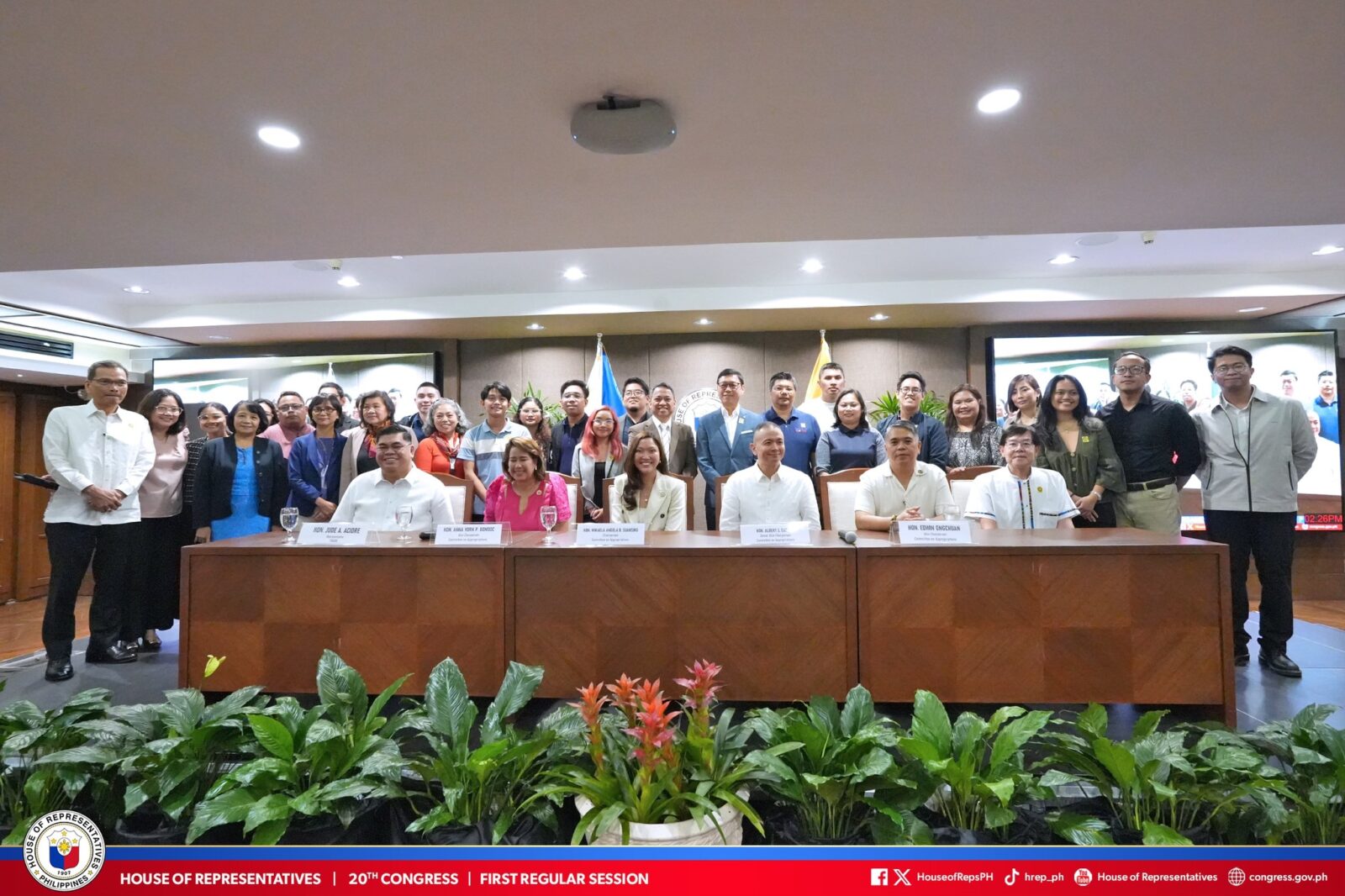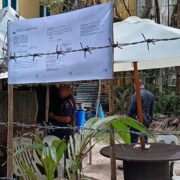House expands civil society role in budget process

The House committee on appropriations vowed on Thursday to make new adjustments to how civil society organizations (CSO) could participate in budget hearings starting next week as part of efforts to make the 2026 budget more transparent and responsive.
The panel tasked to hammer out the national budget held a town hall meeting with 21 CSOs after the latter pressed the House of Representatives to provide clarity on the extent of their promised “participation” in the budget process.
Some of the CSOs who joined were Alyansa ng Nagkakaisang Mamamayan, Makati Business Club, Safe Travel PH, Bitag Media Unlimited, Center for Youth Advocacy and Networking, Citizen Watch Philippines, Institute for Climate and Sustainable Cities, Jesse Robredo Institute of Governance, MoveAsOne coalition, and the People’s Budget Coalition (PBC).
House Speaker Martin Romualdez earlier said that he would open up the budget deliberations and accredit CSOs as “non-voting observers” following public outrage over how the 2025 budget – which was rife with last-minute realignments and insertions – was crafted.
During the meeting, the committee led by Nueva Ecija Rep. Mikaela Suansing said it has instituted a mechanism that allows CSOs to send in their questions for interpellations within 24 hours of a budget hearing.
Panel vice chair and Bataan Rep. Albert Garcia elaborated that these questions would be “farmed out” to the specific vice chairs assigned to the agencies.
During budget deliberations, government agencies are assigned sponsors among the appropriation panel vice chairs who would help them champion and defend their proposals.
Challenging issues
Suansing also promised CSOs that the appropriations panel would hold a “huddle” every week “to ensure that our engagements with them are continuous.”
These discussions, she added, would also be led by the vice chair in charge of the agencies.
As for the more technical suggestions by other watchdogs such as the PBC, including the creation of an open budget portal and a transparency server that would keep track of all insertions and realignments, Suansing said they would still have to check the feasibility of these suggestions.
“Admittedly these are beyond my technical competencies so I would have to confer with our partners in the House secretariat,” she told reporters afterward. “But if it’s practicable and feasible, we would definitely adopt it.”
The same goes for the more serious reforms, including opening the secretive bicameral conference committee deliberations to the public and abolishing the small committee tasked to reconcile the House and Senate versions of the budget bill, which Suansing said would still have to be taken up with the Senate.
During the meeting, Suansing also asked the CSOs to submit the specific line items that they want reviewed after they asked the panel to reconsider the budget proposals for several social welfare programs.
Fund allocation
While the CSOs present welcomed this new effort to open up the budget process, they also flagged several gaps in the proposed 2026 National Expenditure Program proposed by the Executive department.
Former Cabinet secretary Liza Maza, who represented the Center for People’s Development and Governance (Cenpeg) during the meeting, pointed out that the P6.8-trillion proposed budget “was not substantially different from the previous budgets and still does not address the objectives of our country.”
She noted, for example, that the proposed allocation for agriculture and land reform – both critical for food security – was still lower than those for national defense and flood-control programs.
Emmanuel Leyco, Cenpeg senior fellow, also noted that only P25.4 billion of the Department of Education’s proposed P928-billion budget was earmarked for school building shortages.
At the same time, he expressed concerns that debt servicing would take up 14.4 percent of the total appropriations as the national debt is projected to reach P19 trillion.
“Based on what we see now, our NEP is just like borrowing from one credit card to pay for another credit card. That is bad news to financial management,” he noted.
Lloyd Zaragoza, convener of Democracy Watch Philippines, also challenged the panel to augment the budget for agriculture, health, and education by reducing the allocations for controversial flood-control projects.
“We recognize resources are limited. But a choice must be made. Do we continue pouring billions into controversial allocations like unplanned and poorly implemented flood-control projects, or do we invest in the very foundations of a strong nation—food, health, and education?” he asked.

















